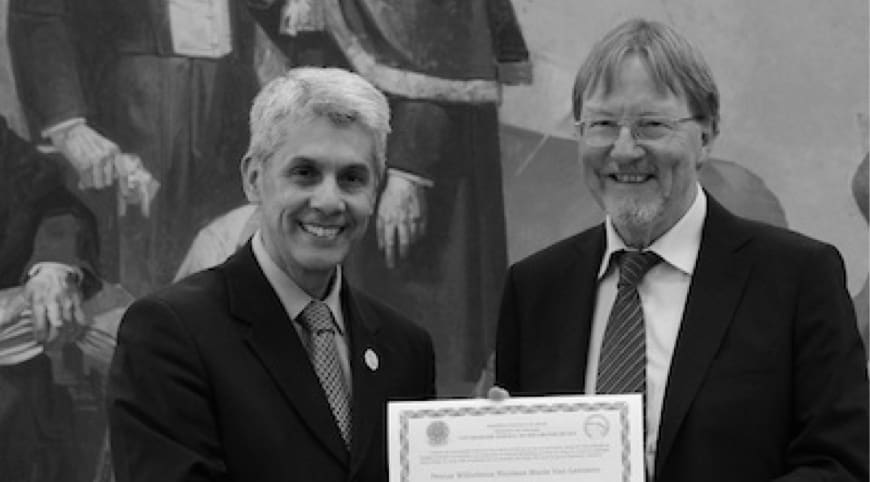Revisiting the Methyl Iodide Oxidative Addition to Rhodium Complexes: A DFT Study of the Activation Parameters
Oxidative addition of methyl iodide to rhodium complexes, the first and rate-determining step in the rhodium-catalyzed methanol carbonylation process, has been studied computationally by means of DFT calculations including solvent effects. Monsanto’s catalyst cis-[Rh(CO)2I2]-, Cole-Hamilton’s trans-[Rh(PEt3)2(CO)I], and Freixa’s new dirhodium [Rh2(-Cl)2(SPAN-PPh2)(CO)2] complexes were considered. Transition state structures determined in this study confirm the SN2 character of the reaction, i.e., the nucleophilic attack by the rhodium complex on MeI. The transition states show a linear arrangement of the I-CH3-Rh moiety. The DFT level of calculation and solvent effects were shown to be crucial in the determination of TS structures. Thermochemical parameters computed in this study were in excellent agreement with experimental kinetic data.

M. Feliz, Z. Freixa, P. W. N. M. Van Leeuwen, C. Bo
Organometallics 2005, 24, 5718-5723
DOI:
Go to the journal

Let's create a brighter future
Join our team to work with renowned researchers, tackle groundbreaking
projects and contribute to meaningful scientific advancements



















